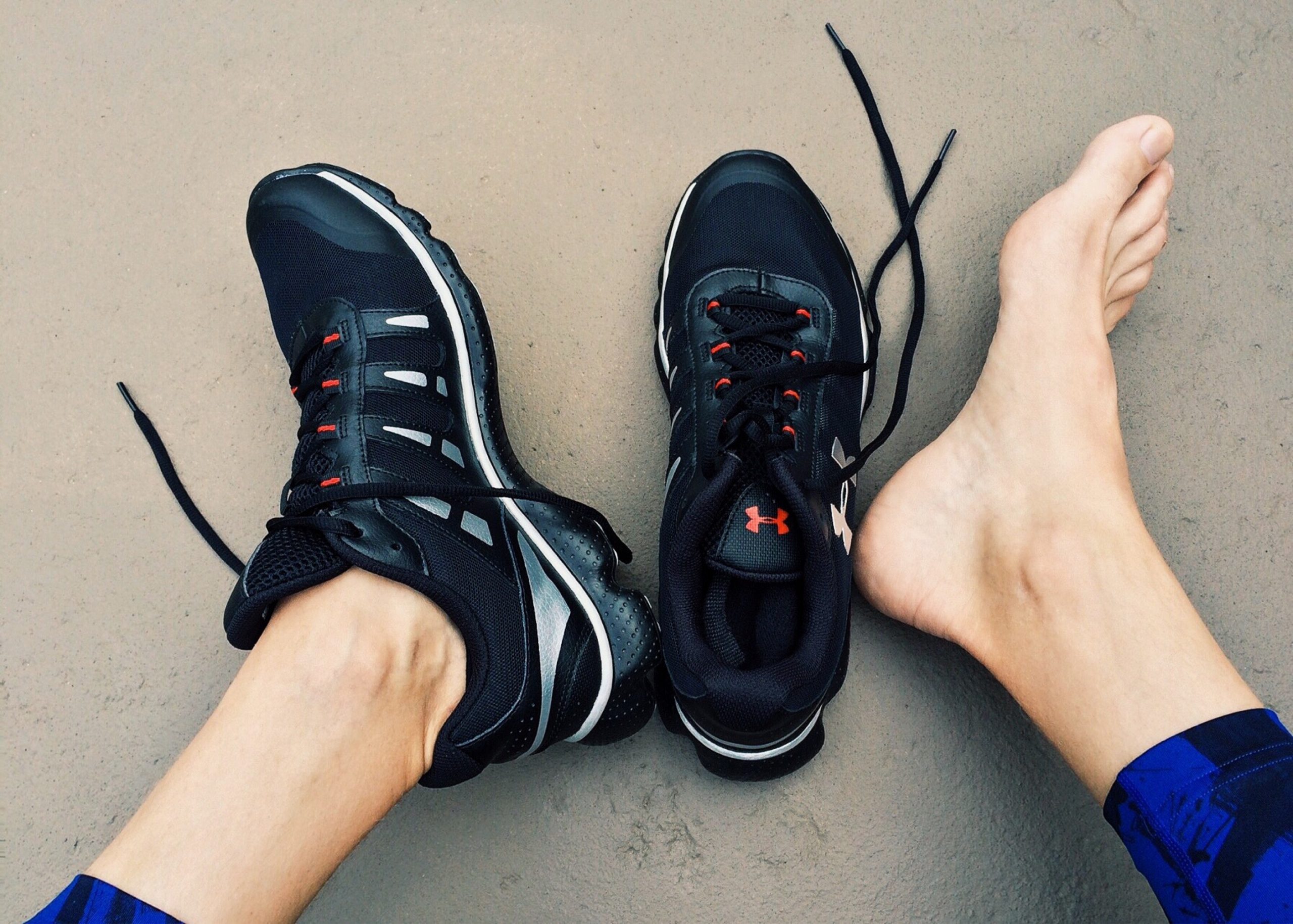The Royal college of Podiatry offer this advice regarding diabetes and foot care.
Why does diabetes affect your feet?
Diabetes develops from high blood glucose levels which can cause damage to the nerve systems in your body and those most likely to be affected are the longest ones that reach down to your legs and feet. This nerve damage is sometimes called neuropathy.
High blood glucose levels can also damage your blood vessels and thereby circulation to your feet and legs, due to less blood getting to your skin, muscles and tissues.
Is it serious?
Having diabetes can cause damaged skin which may not heal so easily and potentially lead to an ulcer forming on your foot. Neuropathy can lead to lost feeling in your feet meaning you can damage your feet without being aware of it. If left untreated this can lead to potentially serious consequences including amputation. It’s important to keep your GP and podiatrist informed so they can monitor any changes.
How do I know I have it?
Diabetes may affect your feet in a number of ways. These can include:
- Loss of sensation (peripheral neuropathy) in your feet, often starting at the toes. Research suggests that up to one in three people with diabetes have some loss of sensation. The onset of neuropathy is gradual and often people who develop this complication are unaware of it at the start. Very occasionally pain or a burning sensation may accompany loss of feeling (painful neuropathy).
- If nerves in the feet are affected other changes may follow, eg your toes may start to claw and the bones in your feet can become more susceptible to fractures.
- There may be reduced blood flow to your feet. Diabetes can reduce your body’s ability to fight infection, so it’s important to take particular care of any scratches, cuts or blisters on your feet.
How do I prevent it?
Preventing foot problems involves managing your diabetes well and leading a healthy active lifestyle. Your chances of doing this will be great increased if you do not smoke. These lifestyle measures can prevent or slow down any changes to the nerves and blood vessels that supply your legs and feet.
Regular foot care is important from preventing the build-up of hard skin to moisturising your feet in order to keep the skin supple and always wearing the right shoes and socks that fit properly.
Everyone who has diabetes should also have their feet checked regularly with a healthcare professional (podiatrist, nurse or doctor) and at the very least once a year but they may need to see you more frequently.
Simple self-care measures include:
- Check your feet every day
- Clean and dress any cuts, scratches or wounds
- Always wear footwear and shoes that fit properly
- Never sit with your feet too close to a fire
- Visit a podiatrist for corns and calluses
- Avoid using corn plasters
What are the treatments?
- The podiatrist will normally check both the blood supply to your feet and any evidence of loss of sensation in your feet.
- Sensation will most commonly be checked.
- The podiatrist will also be looking for any foot deformity or signs of excessive loading that may warrant either footwear advice or in some cases an insole.
When should I see a podiatrist about it?
If you experience any form of neuropathy or pain or discomfort, it is advisable to consult your diabetic clinic or podiatrist, since it is possible in many cases to alleviate these symptoms.
If you see any of the following in your feet, you should also seek medical attention or consult your podiatrist:
- Walking becomes more difficult
- Applying or wearing shoes becomes more difficult
- Tingling sensation or pins and needles
- Part or all of your foot becomes swollen
- Breaks in the skin, opens sores/blisters or a discharge
- Skin colour changes (redder, bluer, paler, blacker) over part or all of the foot
- Swelling in your feet and/or an unusual odour
- Part or all of your foot feels much hotter or colder than usual
- Hard skin (callus)
- Cramp in your calves
- Shiny smooth skin and/or losing hair on your feet and legs
If you experience any foot care issues which do not resolve themselves naturally or through routine foot care within three weeks, it is recommended to seek the advice of your GP podiatrist.
Yvette Mann Podiatry runs a clinic from Luck’s Yard every Thursday and Friday.
Click here for more info: https://www.lucksyardclinic.com/services-and-treatments/chiropody-and-podiatry/
Please note that you need to call Yvette Mann Podiatry directly on 01483 310298. Bookings cannot be made via Luck’s Yard Reception team.
Photo: Pixabay from pexels.com




